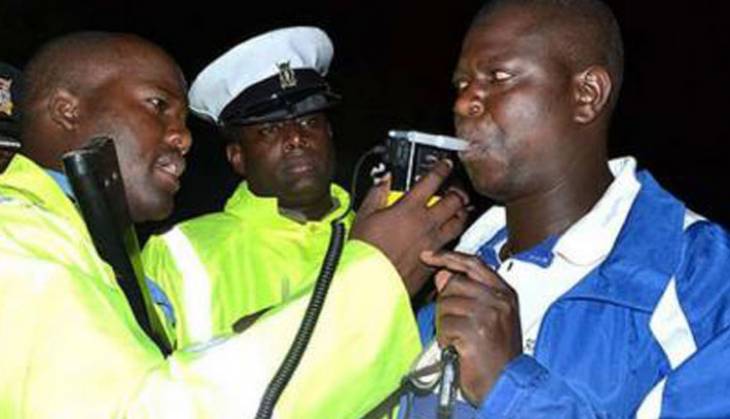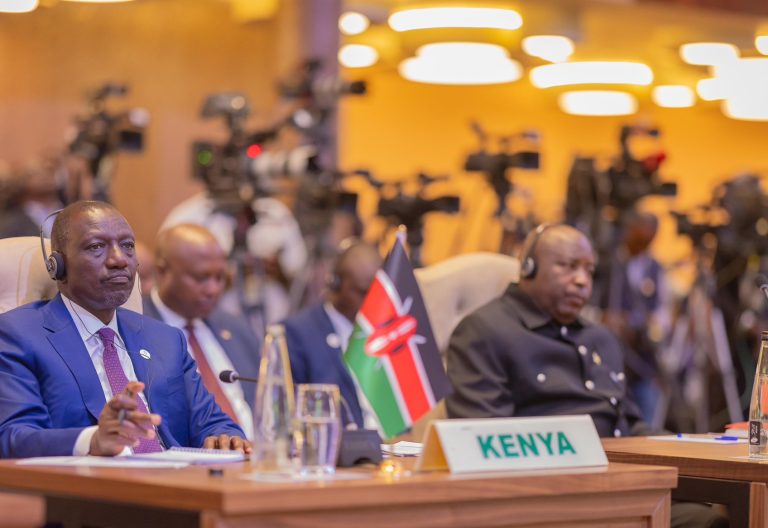Breathalyser set for comeback to tame rise in drunk driving

Alcoblow is soon going to make a comeback on Kenyan roads if amendments to the Traffic Act currently before Parliament go through.
In 2017, the Court of Appeal ruled that the alcoblow rules, which were being implemented by the National Transport Safety Authority (NTSA), were illegal, arguing that they were poorly drafted.
A three-judge Bench of Justices GBM Kariuki, Fatuma Sichale and Festus Azangalala directed Parliament to review the law after a petitioner challenged the use of breathalyzers.
Tiaty MP Kassait Kamket has now published The Traffic (Amendment) Bill 2021, which seeks to clear the ambiguities that led to the outlawing of breathalyzers otherwise known as alcoblow.
Upon its enactment, drunk driving will cost one Sh100,000 or a jail term of not more than two years.
The Court of Appeal while declaring breathalyzers illegal in 2017, ruled that the police department had not explained what constitutes violation of speed limits.
A former Kiambu Senior Resident Magistrate Bryan Khaemba caused a storm when he ruled that drink driving is not an offence as long as the driver is in control of the vehicle.
Khaemba, who was ruling in a case in which a Mr Michael Mugo was charged with driving under the influence of alcohol, said there was no proof that the accused was unable to control the car because he was drunk.
Kamket’s Bill now seeks to explain what being drunk entails and what one can be perceived to have drunk so as not to drive.
“A person who, when driving or attempting to drive, or in charge of a motor vehicle on a road or other public place is under the influence of an alcoholic drink or a drug beyond the prescribed limits, shall be guilty of an offense,” the Bill
Bill further states that the law in its current form contains subjective tests that may not be easily implemented with such words as “as to be incapable of having proper control of the vehicle” in reference to a drunk driver.
“Amendment shall ensure this test will be objective by providing for such measurable and scientific applications such as prescribed limits to be provided in the regulations,” Kamket says in the Bill, which is in the first reading.













